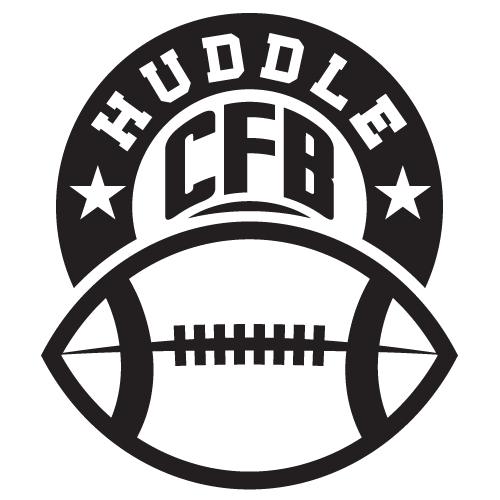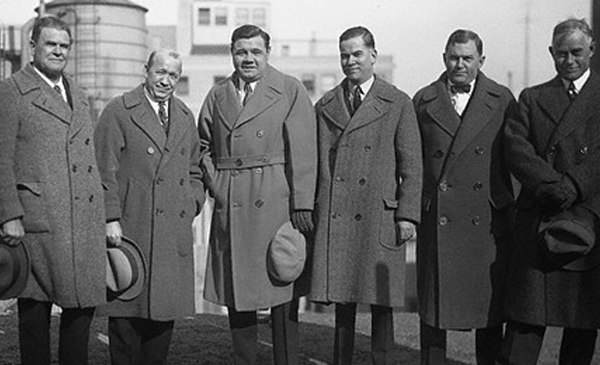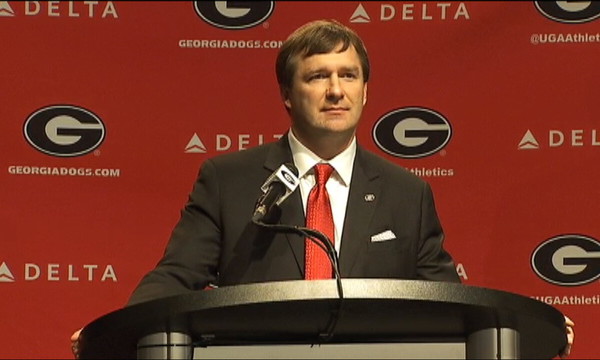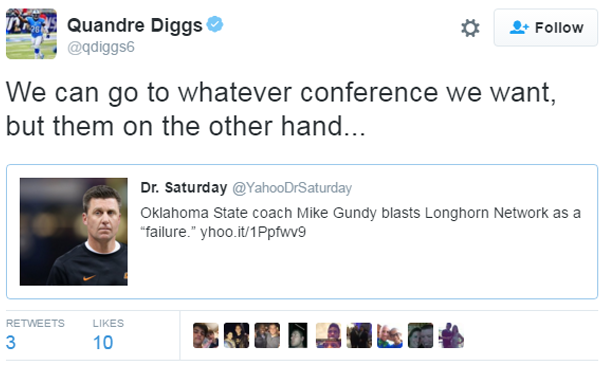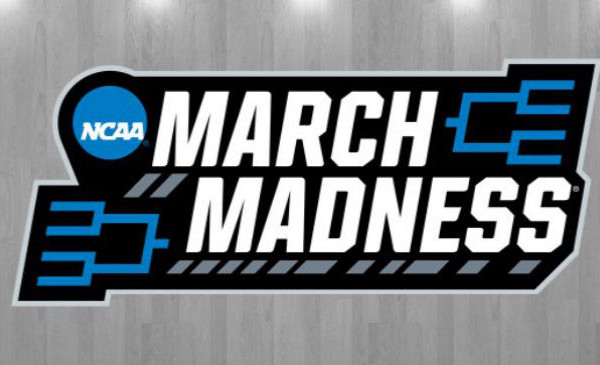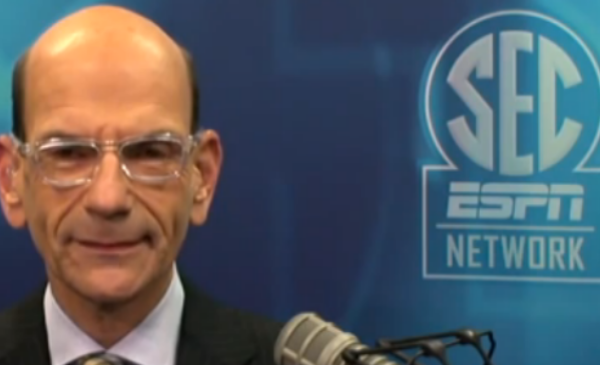This week’s Q&A featured a question on first-year college football coordinators. Not included was the following gem from Bang The Book Radio’s Adam Burke, a topic deserving its own column.
@kensing45 @cfbhuddle Who would be on the current "Mount Rushmore" of offensive & defensive coordinators?
— Adam Burke (@SkatingTripods) March 16, 2016
This is 5 For Friday, and Mount Rushmore honors four U.S. presidents. You’re going to have to bear with me, taking some liberties and including a fifth coordinator here.
The best college football coordinators quickly parlay their success into head coaching opportunities; this year’s cast of first-timers include Kirby Smart and D.J. Durkin, both of whom would have landed on this 5 For Friday otherwise.
First, some honorable mentions I would be remiss if I didn’t include:
• Bob DeBesse, Off. Coordinator, New Mexico: Sam Houston State employed one of the most explosive offenses in the FCS with Bob DeBesse overseeing a spread variation. He flipped the script at New Mexico, introducing a triple-option that transformed the lowly Lobos into a threat.
• Pete Kwiatkowski, Def. Coordinator, Washington: Suitors have lined up to tempt Pete Kwiatkowski, but the longtime Chris Petersen assistant is back for another season with what could be the best Washington team since 2000. A typical Kwiatkowski defense — e.g., aggressive defense — is a big reason the Huskies can compete in the Pac-12.
• Lane Kiffin, Off. Coordinator, Alabama: While I’d argue Lane Kiffin’s image rehabilitation at Alabama is somewhat overstated — the negligence of O.J. Howard for all but one game in the last two seasons should remind USC fans of some frustrating times — it’s hard to argue with the success of Blake Sims, Amari Cooper and Derrick Henry.
College Football Coordinators Mount Rushmore
Brent Venables, Def. Coordinator, Clemson
The enduring memory of the pre-Venables era at Clemson is the 70-point deluge West Virginia dumped on the Tigers in the 2012 Orange Bowl.
Clemson’s defense improved by immediate leaps-and-bounds under Brent Venables, who arrived after a so-so stint at Oklahoma. The Tigers ranked 46th in scoring defense in 2012; 24th in 2013; third in 2014.
Despite a dip back to 24th in 2015, the past season is arguably Venables’ best. A Clemson defense without Vic Beasley and Grady Jarrett flourished, helping the Tigers to an ACC championship and College Football Playoff Championship Game appearance.
Lincoln Riley, Off. Coordinator, Oklahoma
Oklahoma’s offense had gone stagnant in recent years. Mike Stoops turned to East Carolina and one of the hottest, young college football coordinators around, Lincoln Riley.
As an understudy to former Mike Leach assistant Ruffin McNeill, Riley cultivated his own version of the air-raid offense. East Carolina employed a potent passing attack, evident in Justin Hardy’s exit from the program as the FBS career receiving leader.
The Pirates also had a capable rushing attack, a wrinkle that shined through in Oklahoma’s offense Year 1 under Riley. The Sooners’ transformation in just one season was staggering.
Quarterback Baker Mayfield and running back Samaje Perine were both Heisman-caliber performers by season’s end, a testament to the balance found in Riley’s scheme. With another year of his guidance, there’s no telling how much farther Oklahoma can go from averaging more than 43 points per game.
Dave Aranda, Def. Coordinator, LSU
I highlighted first-year LSU defensive coordinator Dave Aranda as one of the incoming assistants best positioned for a successful debut. Look at his track record, and it’s easy to see why.
Wisconsin ranked No. 1 in the nation last season in scoring defense — a remarkable feat when you consider Alabama’s defense was routinely heralded as one of the best in college football history.
The Crimson Tide defense features 4-and-5-star talent at almost every position; Wisconsin flourished with several former walk-ons.
At talent-rich LSU, Aranda could become the most buzzed-about of all college football coordinators by season’s end.
Ivin Jasper, Off. Coordinator, Navy
Considering the consistency of Navy football for a decade, it’s no surprise the Mids offense has had a steadying presence overseeing it. Ivin Jasper is a former Paul Johnson assistant, who ascended to offensive coordinator with Ken Niumatalolo’s hire before the 2008 season.
All Jasper’s done as both quarterbacks coach and offensive coordinator is oversee some of the most efficient option offenses in history, featuring two of the three greatest quarterbacks ever to don the Mids’ blue and gold.
Ricky Dobbs set a new standard for option quarterback excellence — a standard Keenan Reynolds well surpassed in his NCAA record-setting career.
Navy’s continued production with its unconventional offensive style drew feelers from Army, Georgia Southern and Vanderbilt, per USA Today‘s Paul Myerberg, but Jasper’s commitment to Navy should keep the Midshipmen in the hunt for American Athletic Conference championships.
John Chavis, Def. Coordinator, Texas A&M
John Chavis has been around the SEC. From Tennessee to LSU and now Texas A&M, success has followed him. One season was all he needed to turn around a struggling defense in College Station.
The 2014 A&M defense was miserable. The Aggies’ 28.4-point per game doesn’t tell the whole story, as A&M’s weak nonconference schedule masked a dreadful SEC slate. Scores of 59, 48, 38, 35 and 34 in conference play doomed the Ags to mediocrity.
While A&M is trying to recapture the magic of head coach Kevin Sumlin’s first two seasons, the problem’s no longer the defense. Chavis shaved a touchdown off the Aggies’ per-game yield, and A&M jumped from 77th to 28th in scoring defense nationally.
Chavis’ scheme made the most of A&M’s talent, particularly All-American Myles Garrett.
Expect even more important from the Aggie D in 2016.
